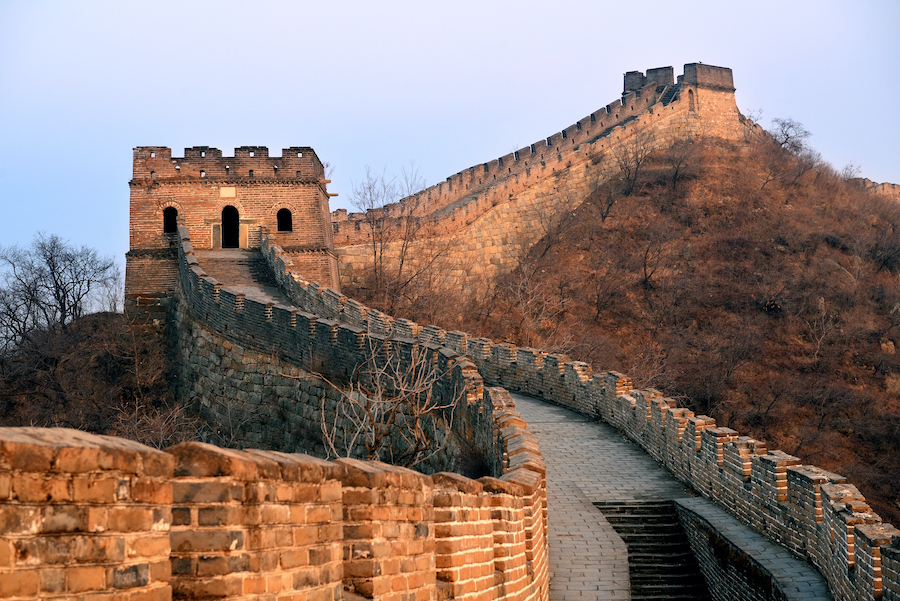Did you know many historical landmarks were built thanks to the lottery?
We usually think of the lottery as a game of chance—a way for one lucky person to change their life overnight. But what many people don’t realise is that, throughout history, the lottery has also changed the fate of entire towns, cities, and even nations. How? By funding some of the most important public and cultural projects ever undertaken.
Yes, lotteries have done more than spark hope or entertainment—they’ve helped build the world we live in. In this article, we explore how luck has shaped history through architecture, infrastructure and social progress.
A brief history: the lottery’s charitable roots
Today, we play EuroMillions, Powerball, or the National Lottery dreaming of jackpot wins—but lotteries were originally created with a much more practical purpose in mind: to raise funds for public causes.
One of the earliest examples dates back to the 15th century in the Netherlands, where civic lotteries were used to fund the construction of hospitals and city defences. In Spain, the National Lottery was established in 1763 specifically to provide state income without raising taxes.
The concept was simple yet ingenious: allow citizens to contribute small amounts in exchange for the hope of a big win, while channeling the revenue toward projects that benefit society.
Historical examples: how lotteries helped build nations
1. Charles Bridge (Czech Republic)
Though rebuilt several times, major restoration work on Prague’s iconic medieval Charles Bridge was funded through national lotteries in the 19th century. These efforts preserved one of the most important architectural and tourist sites in the country.
2. The Statue of Liberty (USA)
While France gifted the Statue of Liberty to the United States, the pedestal it stands on had to be paid for by Americans. A large portion of that funding came from public donations and lottery-style fundraising events, including campaigns led by Joseph Pulitzer’s newspaper.
3. St. Paul’s Cathedral (UK)
After being severely damaged in the Great Fire of London in 1666, St. Paul’s Cathedral was rebuilt with the help of government-approved lotteries. These were early examples of crowdfunding through public gaming.
In Spain: lottery and public development
Spain’s long-standing relationship between the lottery and public benefit is unique. Over the years, both the National Lottery and the Christmas Lottery have funded:
-
Hospitals and health centres
-
Educational facilities
-
Transport infrastructure
-
Social care and inclusion programmes
One of the clearest examples is the Red Cross Gold Draw (Sorteo del Oro), which channels funds directly into humanitarian projects. Similarly, the ONCE lottery supports blind and visually impaired individuals by funding social and professional inclusion initiatives.
For more on Spain’s lottery history, check this official resource (in Spanish):
Lotteries that build bridges… and dreams
Brazil: infrastructure in hard times
In the 20th century, Brazil often used lottery funds to finance essential infrastructure—particularly in times of economic hardship. Roads, schools, and public housing developments were partially supported through national lottery schemes.
France: preserving culture through gaming
France has a long tradition of supporting cultural heritage projects through gaming revenues. In 2018, the government even launched the Heritage Lottery (Loto du Patrimoine)—dedicated exclusively to restoring historic buildings across the country.
Modern lotteries and their social mission
Today, many official lottery organisations in Europe, Latin America, and beyond dedicate a portion of their proceeds to public interest programmes. Though we no longer build cathedrals with lottery funds, these proceeds still support:
-
Education and research
-
Cultural and athletic programmes
-
Healthcare and environmental protection
-
Vulnerable populations
In Spain, a fixed portion of lottery revenue is allocated to social investment. So even if you don’t win, your ticket still has value—it contributes to a better future.
Why does this model work?
Because it taps into one of the most powerful human emotions: hope.
People play the lottery for the thrill of possibility. But in doing so, they also become part of a collective effort to build something greater.
Lotteries are one of the few voluntary fundraising systems that generate real societal impact—not through sacrifice, but through dreams.
🔗 Suggested internal links
👉 How online lottery works at LottoHoy
👉 Advantages of playing international lotteries
👉 Where does the money go when there’s no winner?
🎯 Conclusion: play with purpose
Every lottery ticket carries more than just numbers. It represents shared hopes, collective dreams, and—often—real-world impact. From bridges to statues to social change, the lottery has helped build more than we imagine.
Playing the lottery might change your life. But even if you don’t win, your participation helps build something meaningful.
What would you build if you won the next jackpot?
Explore our global lottery games and play responsibly at www.lottohoy.com

